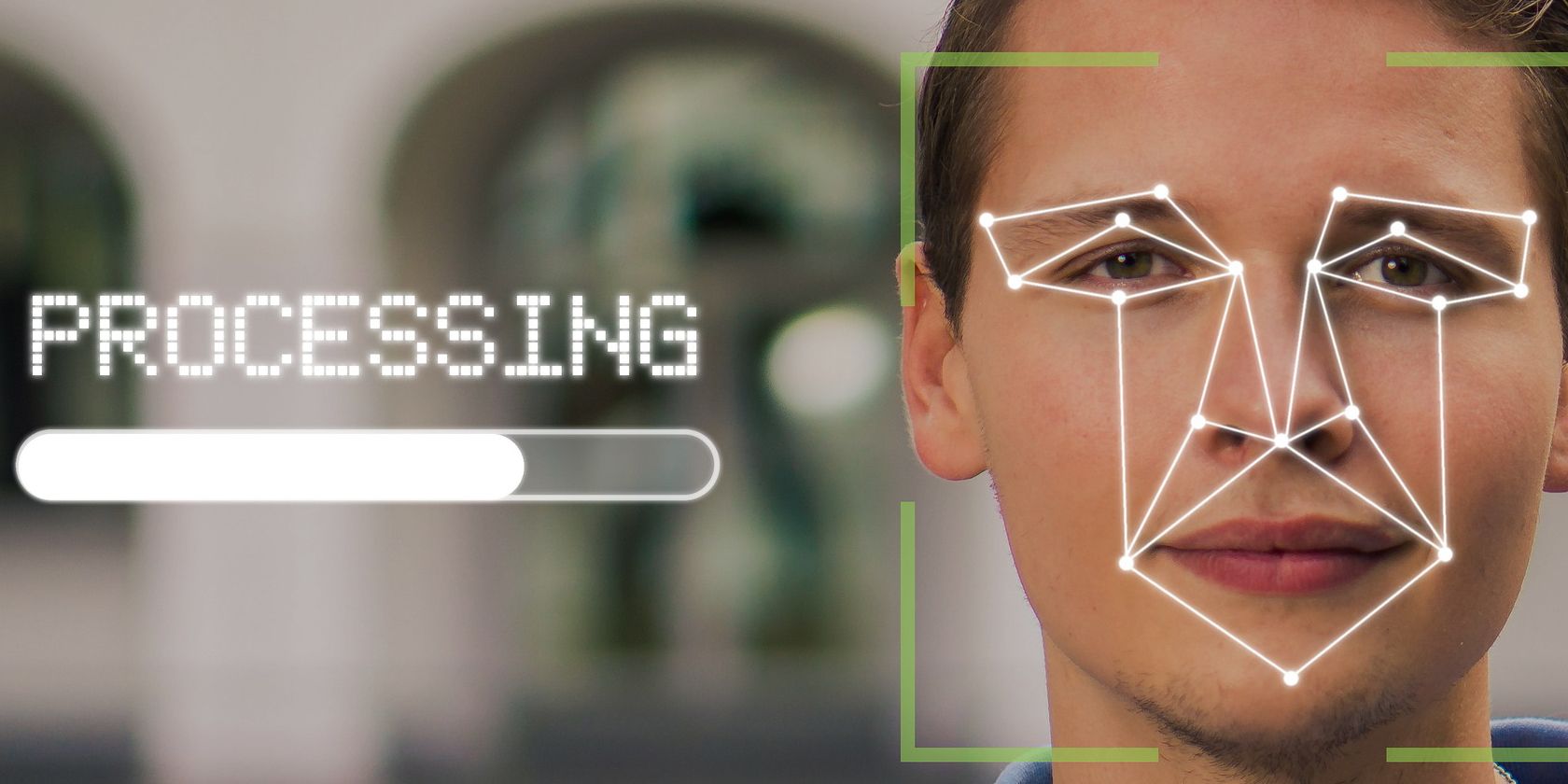Apple has fixed a major security flaw relating to its Face ID technology. The tech giant announced a bunch of security improvements as a part of its iOS 15 update, including enhancements to Face ID's anti-spoofing models.
If your phone has Face ID capabilities, you may or may not have heard about the risk of hacking you've been prone to as a result of researchers having found a loophole that allows people to unlock and access your phone. Apple claims this security flaw is now a thing of the past, but what has the company done to fix this vulnerability?
Apple Updates Face ID Anti-Spoofing Models

Apple has discreetly addressed a major concern that has worried Apple users for some time—a vulnerability with its Face ID technology.
As a part of its iOS 15 release, Apple announced it has fixed the security flaw that affected certain iPhone and iPad Pro models, essentially all devices with the TrueDepth sensor, beginning from the iPhone X all the way to the iPhone 12 line and the third-generation iPad Pro.
Here's how Apple reported the fix on its website:
Available for devices with Face ID: iPhone X, iPhone XR, iPhone XS (all models), iPhone 11 (all models), iPhone 12 (all models), iPad Pro (11-inch), and iPad Pro (3rd generation)
Impact: A 3D model constructed to look like the enrolled user may be able to authenticate via Face ID
Description: This issue was addressed by improving Face ID anti-spoofing models.
Apple made the announcement as part of a broader one relating to its security updates around the release of its iPhone operating system—iOS 15—revealing other security issues it is fixing with the latest version.
How Your Apple Devices Were Previously Vulnerable to Hacking

You may recall when people attempted to bypass Apple's Face ID technology by creating 3D masks when it first launched with the iPhone X, or when iPhone users learned that some identical twins are able to unlock and gain access to each other’s phones even more effectively than any 3D model or 3D mask.
In 2017, security firm Bkav claimed to have bypassed Apple's Face ID system with a mask. And it was not alone. To prove the authenticity of the concerns around Apple's Face ID, Wish Wu of Ant Financial's Light-Year Security Lab found that previous versions of Apple's Face ID could be fooled into authenticating a 3D model "constructed to look like the enrolled user."
In 2019, Wu made headlines for reportedly discovering a Face ID hack that spoofed the security system with a black-and-white printed image and tape.
Although initially confident in his findings, Wu withdrew after Ant discovered inconsistencies with the findings, before he could present his report at the Black Hat Asia conference in the same year. Ant said the research could not be presented as it was incomplete.
In any case, Apple claims to have rectified the security issue by "improving Face ID anti-spoofing models." The vulnerability was found on all devices with Face ID capabilities not running the latest iOS 15 software. These include the following devices:
- iPhone X
- iPhone XR
- iPhone XS
- iPhone 11
- iPhone 12
- iPad Pro
Is Apple’s Face ID Really Hard to Fool?
While Apple claims to have rectified the major security flaw in its Face ID technology, it is important to keep in mind that technology always has the potential to fail. That is why tech companies like Apple are always updating their systems and fixing bugs and loopholes.
Considering this, it cannot be said with certainty whether Apple's Face ID is completely hard to bypass. It is still important to keep your devices as safe and as secure as possible.
0 Comments